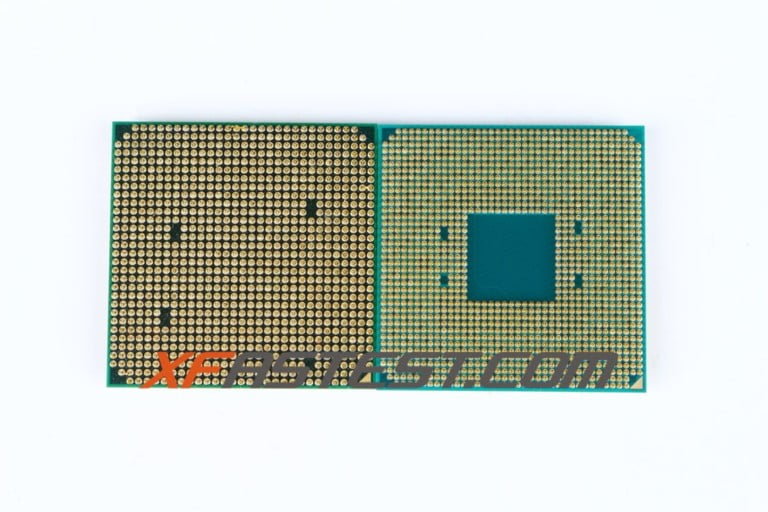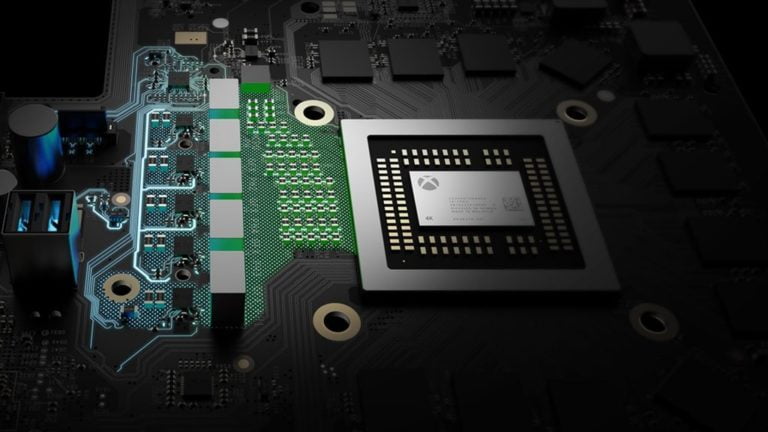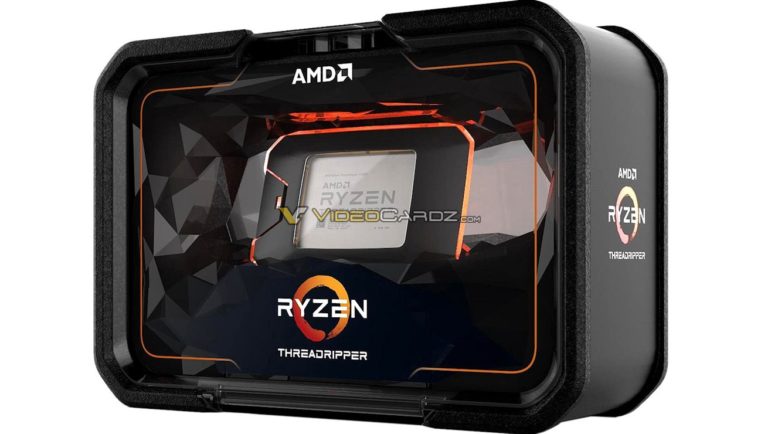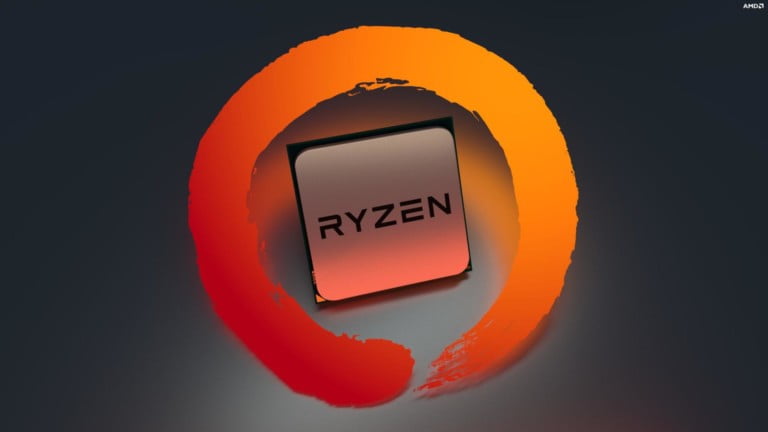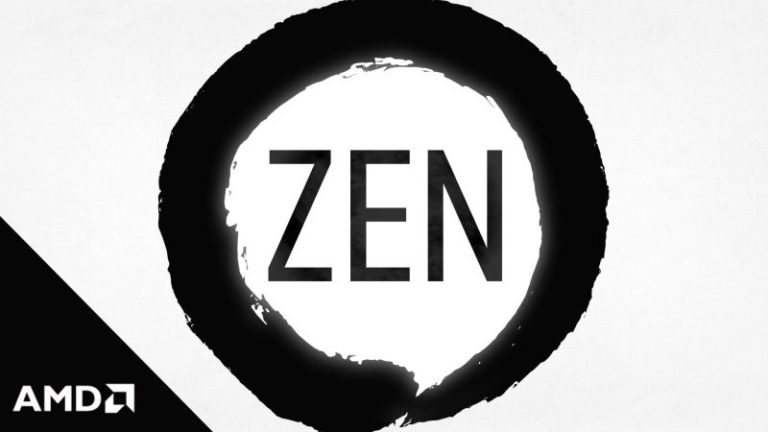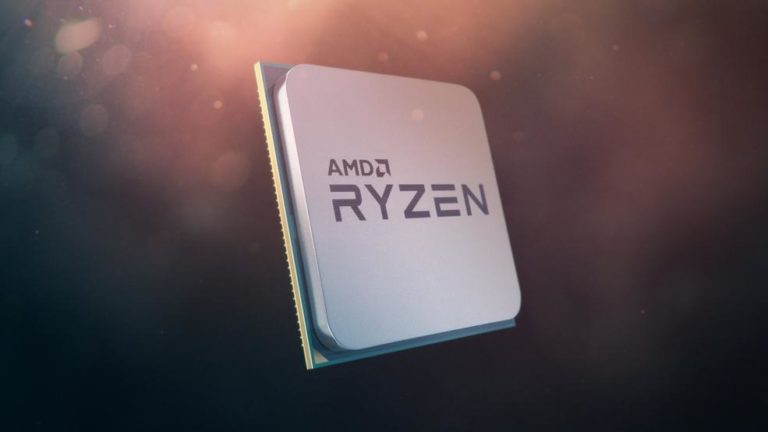AMD Shares Fall after Analyst Downgrade Amid “Irrational Expectations”
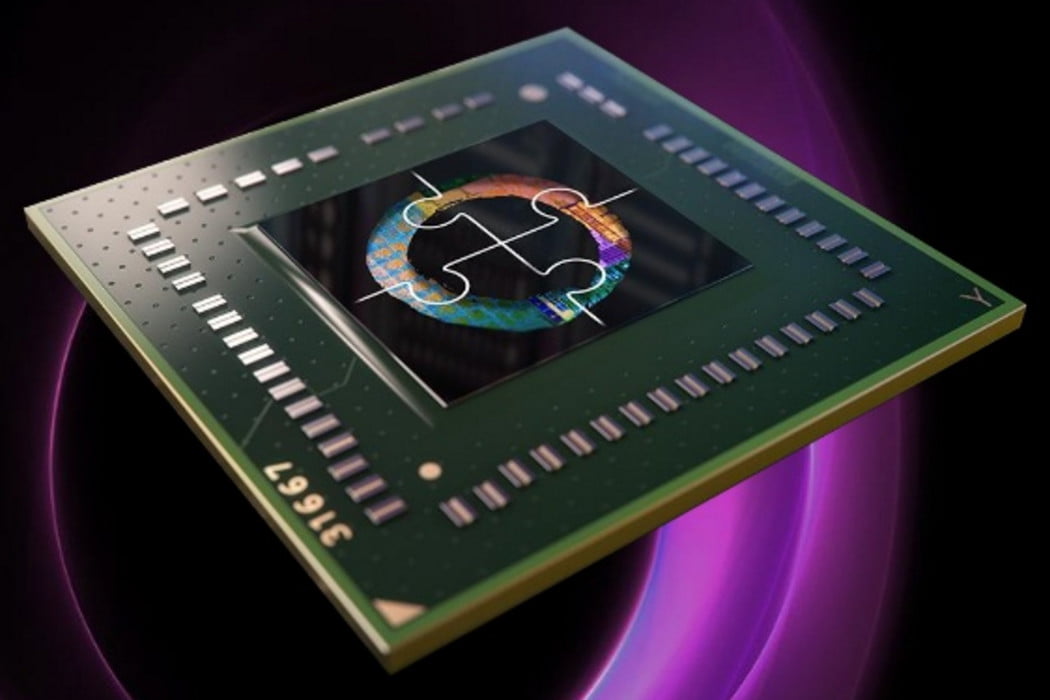
Northland Capital Markets, an equity research firm, has downgraded AMD shares, saying the price “reflects irrational expectations.” The firm further predicted that Intel will eventually improve its chip technology thanks to the forthcoming Cascade Lake processors for servers.
Analyst Gus Richard of Northland Capital Markets today stated that investors are overrating AMD. They are being too optimistic about the company’s prospects, he noted, lowering his rating on AMD shares to market perform from outperform.
“When we originally picked up AMD in June of 2015, the slowing of Moore’s law, a strong design team, a strong IP position and talented CEO [led] us to believe that AMD would once again challenge INTC,” Richard said in a note to clients Thursday.
“Our thesis hasn’t changed, valuation and sentiment has. We think the shares price reflects irrational expectations.”
AMD shares are down 0.8% Thursday in premarket trading.
Richard raised his price target for AMD’s stock from $26 to $30, which represents a 7% fall to yesterday’s close. The analyst believes that AMD will gain share in the server market against Intel, and its stock will continue to rise through the end of year.
However, he expects Intel will eventually up its game with Cascade Lake, the company’s next server platform. That is when AMD will see “limits to server growth,” even though a previous report by Canalys claims AMD’s new 7nm Epyc chip will likely surpass Intel’s CPU performance next year.
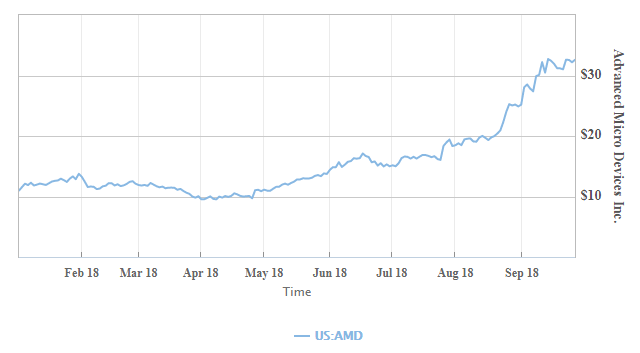
“Due to the fact that Intel and AMD instruction sets differ, hyperscale datacenter operators are likely only to implement AMD in new workloads rather than re-writing software for exiting applications,” Richard said.
He notes that the uptake of AMD’s server CPUs could be slow as these new workloads are “disproportionately” focused on artificial intelligence.
Intel Cascade Lake is due later this year, and Richard thinks it will “significantly improve performance in memory-hungry AI applications in the datacenter.”

